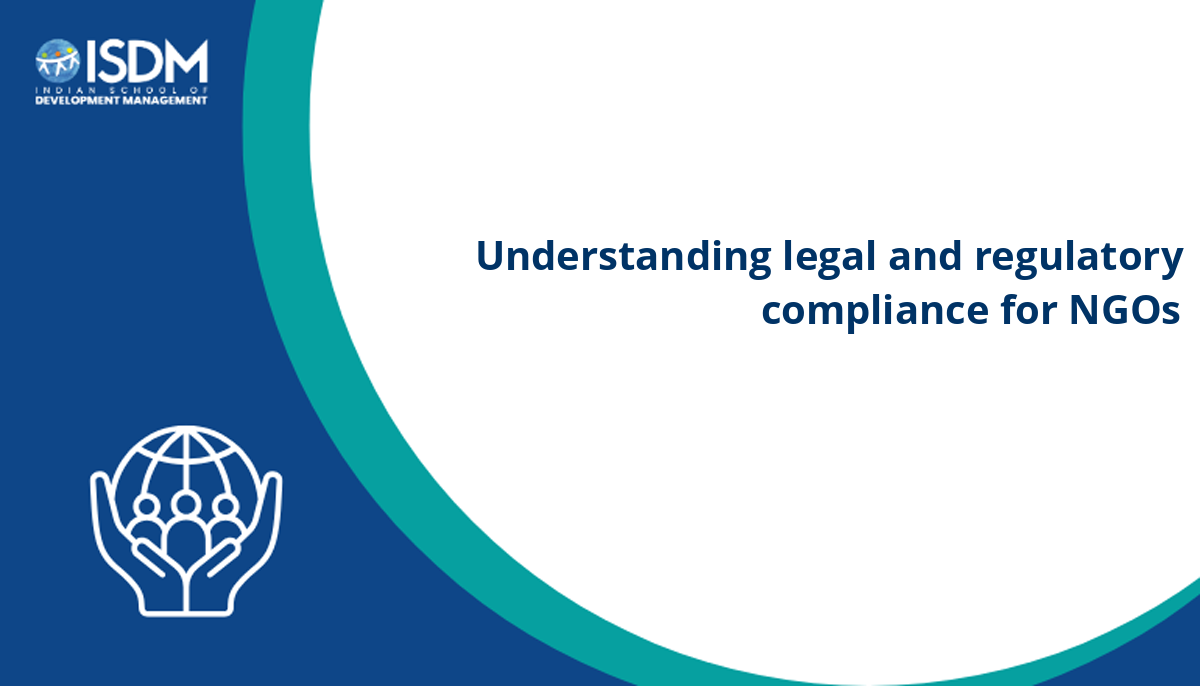Home > Development Management > Understanding legal and regulatory compliance for NGOs1

Interested in the full story?
Access the complete case study to learn more
ISDM
No ratings yet
|
|
Thank you for Signing Up |

